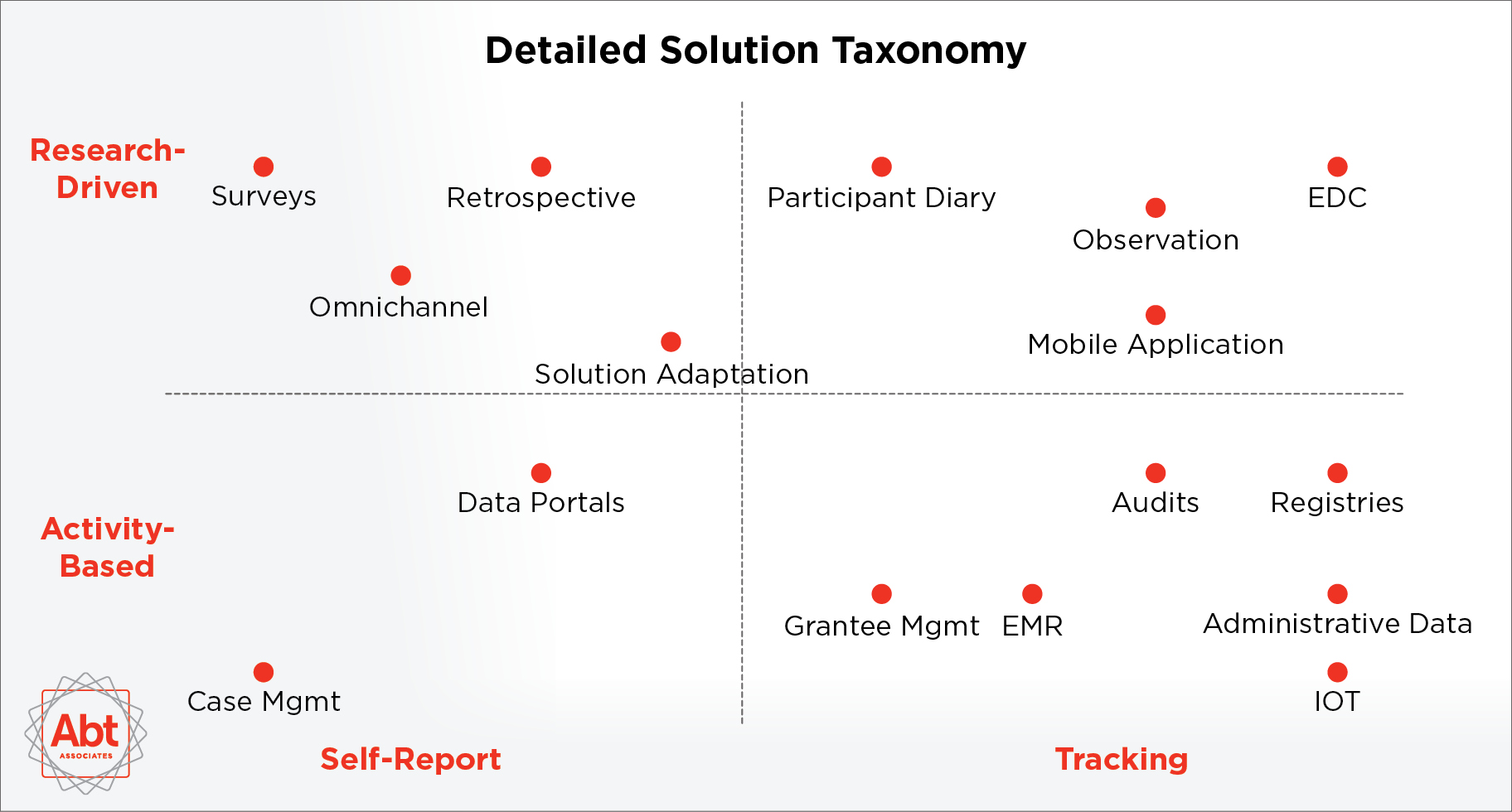Digital for Research: A Taxonomy of Data Collection Methods and Solutions
White Paper
March 9, 2023
Focus Areas
Capabilities
Regions
North America

